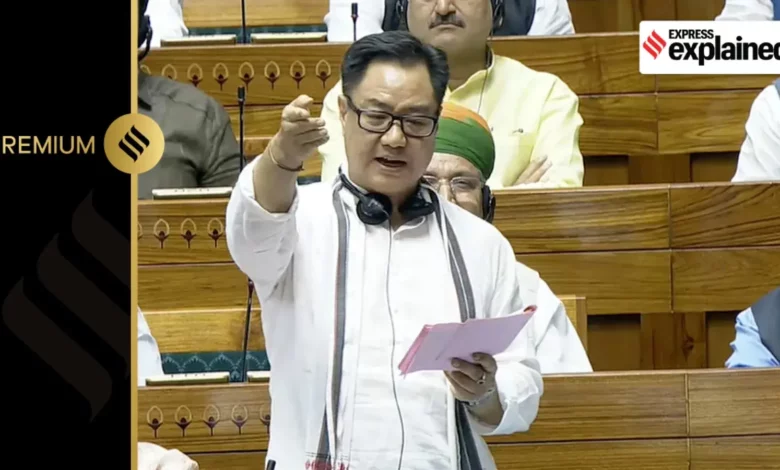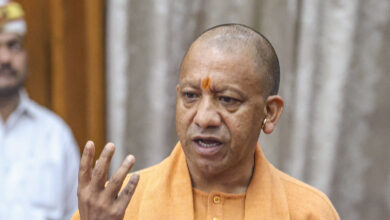
Subsequently, when the new amendments to the Waqf Act were referred to a joint parliamentary committee, Union minority affairs minister Kiren Rijiju claimed that ‘the center is committed to righting the wrongs of the past’.
These remarks made by Rijiju during a talk organized on X by the I&B ministry’s senior adviser Kanchan Gupta reveal that the changes will have important retroactive effects with regard to various spheres, including the protection of the Waqfland and properties from illegitimate occupants.
They are assumed to give legal vision on how to reclaim and rectify past violations that were done.
As for the retrospective effect, here it is more important to be categorically clear in mind. The issues involving the properties owned by the Waqf board shall be dealt with in a similar manner any other property is dealt with in the country.
The problems affecting the encroachment of the land will be tackled as the district collector does in the case of any other piece of land. Let me be very clear here: what we are not saying is that we will reverse many things that are being done. But things that were done illegally are illegal,” the minister said.
He added: “The controversy of retrospective effect will come; if something has been done illegally, they (the Waqf board) need to prove otherwise; if the records of the office go for the illegal occupation, then they have to face the consequences; we all have to follow laws; that much is very clear; it is like any other law presently existing in the country.”
It also implies a firm stand on reviewing or reversing unauthorized claims and re-establishing the integrity of the Waqf properties following the legal regime governing them, as well as going by the land and revenue papers, all of which are available in the government’s offices.
It also might be applicable to the assets and properties that have been taken over and occupied illicitly in the years.



